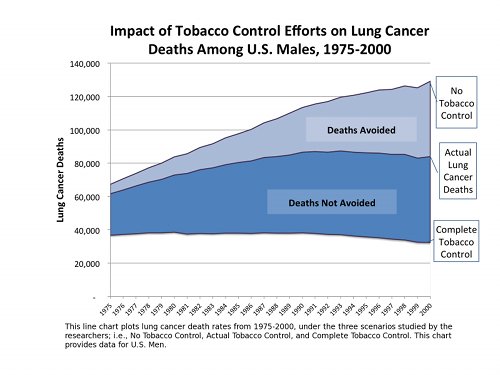With Testicular Cancer, CT Scan Benefit May Beat Risks
HealthDay reports on research led by Pari Pandharipande, MD concerning the risks of repeat CT scans for Testicular Cancer Patients. News Coverage: RSNA Press Release – http://www2.rsna.org/timssnet/media/pressreleases/pr_target.cfm?ID=659 Healthimaging.com – http://www.healthimaging.com/topics/diagnostic-imaging/lifetime-risk-estimates-may-distort-risk-radiation-induced-cancer AuntMinnie.com – http://www.auntminnie.com/index.aspx?sec=ser&sub=def&pag=dis&ItemID=101972
